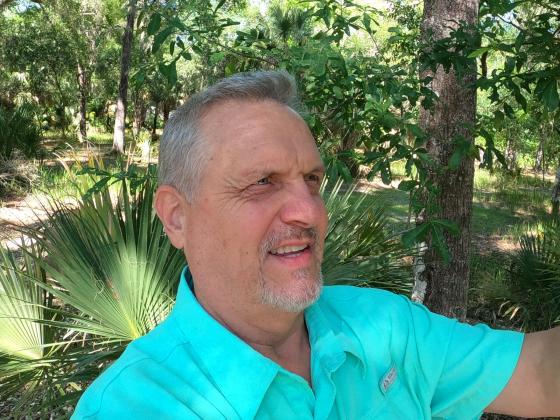Fresh Take Florida -- A Florida appeals court effectively opened a loophole in the state’s law against recording telephone conversations without the permission of both sides of the call, ruling that law enforcement officers performing their official duties can be secretly recorded because they have no expectation of privacy.
In its ruling last week, the Fifth District Court of Appeal in Daytona Beach threw out five felony wiretapping convictions against Michael Leroy Waite, 63, of Floral City. Waite has been engaged in a lengthy dispute over access to his property with the Citrus County Sheriff’s Office as far back as 2018. The situation escalated after wildlife officers – accompanied by deputies holding rifles – sprayed herbicides in a canal off the Withlacoochee River along Waite’s property in west-central Florida.
In January 2021, Waite called 911 to report what he believed was a trespassing incident by the sheriff and said he wanted to have the call recorded for a complaint against the sheriff. That same day, Sergeant Edward Blair called Waite back – and Waite recorded the three-minute phone conversation but did not inform Blair he was doing so, the court said. Waite emailed his recording of the call to the sheriff’s office records department and requested an internal investigation. A month later, Waite was accused of five counts of illegal wiretapping for recording the conversation with the sergeant and four other calls with sheriff ’s employees.
The appeals court on Friday overturned the trial judge’s decision and ordered the judge to dismiss the wiretapping charges.
“Under these circumstances, it cannot be said that any of the deputies exhibited a reasonable expectation of privacy that society is willing to recognize,” the court said.
It wasn’t clear whether the court’s decision affects secretly recording the telephone conversations of other government employees in Florida conducting official business. It said Waite’s recording was allowed because there was “no dispute that all conversations concerned matters of public business, occurred while the deputies were on duty, and involved phones utilized for work purposes.”
“This really broadens up the public’s ability to hold police officers accountable for their actions,” Waite said. “They have no expectation of privacy when they’re conducting official business and it doesn’t matter where they’re at.”
The same day as the court’s ruling, DeSantis signed into law a bill that makes it illegal after a person has been warned to approach first responders or remain within 25 feet while they are performing a legal duty if the intent is to interfere, threaten or harass them. The new law doesn’t prevent people from recording law enforcement but can require them to move 25 feet back, which can make it more difficult.
Waite said his case will help the public hold law enforcement accountable and prevent officer misconduct.
“Bringing these subjects to lay helps us maintain a civil society and civil government to be accountable for their actions,” Waite said. “The public, we just try to enjoy our property without people coming on trespassing and destroying it.”
This story was produced by Fresh Take Florida, a news service covering business news from the University of Florida College of Journalism and Communications. The reporter can be reached at vivienneserret@ufl.edu.




